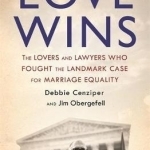
Love Wins: The Lovers and Lawyers Who Fought the Landmark Case for Marriage Equality
Jim Obergefell and Debbie Cenziper
Book
Twenty-one years ago when Jim Obergefell walked into a bar in Cincinnatti and sat down next to John...
Jonathan Edwards and Transatlantic Print Culture
Book
On March 20, 1760, a fire broke out in the Cornhill district of Boston, destroying nearly 350...
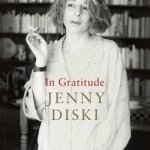
In Gratitude
Book
The future flashed before my eyes in all its pre-ordained banality. Embarrassment, at first, to the...

Early Modern Cartesianisms: Dutch and French Constructions
Book
There is a general sense that the philosophy of Descartes was a dominant force in early modern...

The Invention of Jesus: How the Church Rewrote the New Testament
Book
The Invention of Jesus is a pivotal, ground-breaking work, arguably one of the most important ever...
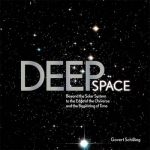
Deep Space: Beyond the Solar System to the End of the Universe and the Beginning of Time
Book
Govert Schilling explores the mysteries of space that lie beyond our solar system on this...
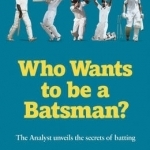
Who Wants to be a Batsman?
Book
Batsmen are the poster boys of cricket. They are the richly rewarded andrightly celebrated stars of...
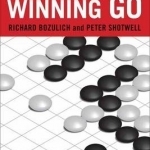
Winning Go: Successful Moves from the Opening to the Endgame
Peter Shotwell and Richard Bozulich
Book
Master the game of Go with this expert guide. Go is a two player board game that first originated in...

The BSA Bantam Bible
Book
Now in paperback! The BSA Bantam is one of the definitive postwar British bikes, perhaps THE...
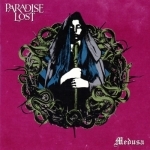
Medusa by Paradise Lost
Album Watch
Most people will know Medusa as the Gorgon from Greek mythology; she is the infamous beast with...
metal
